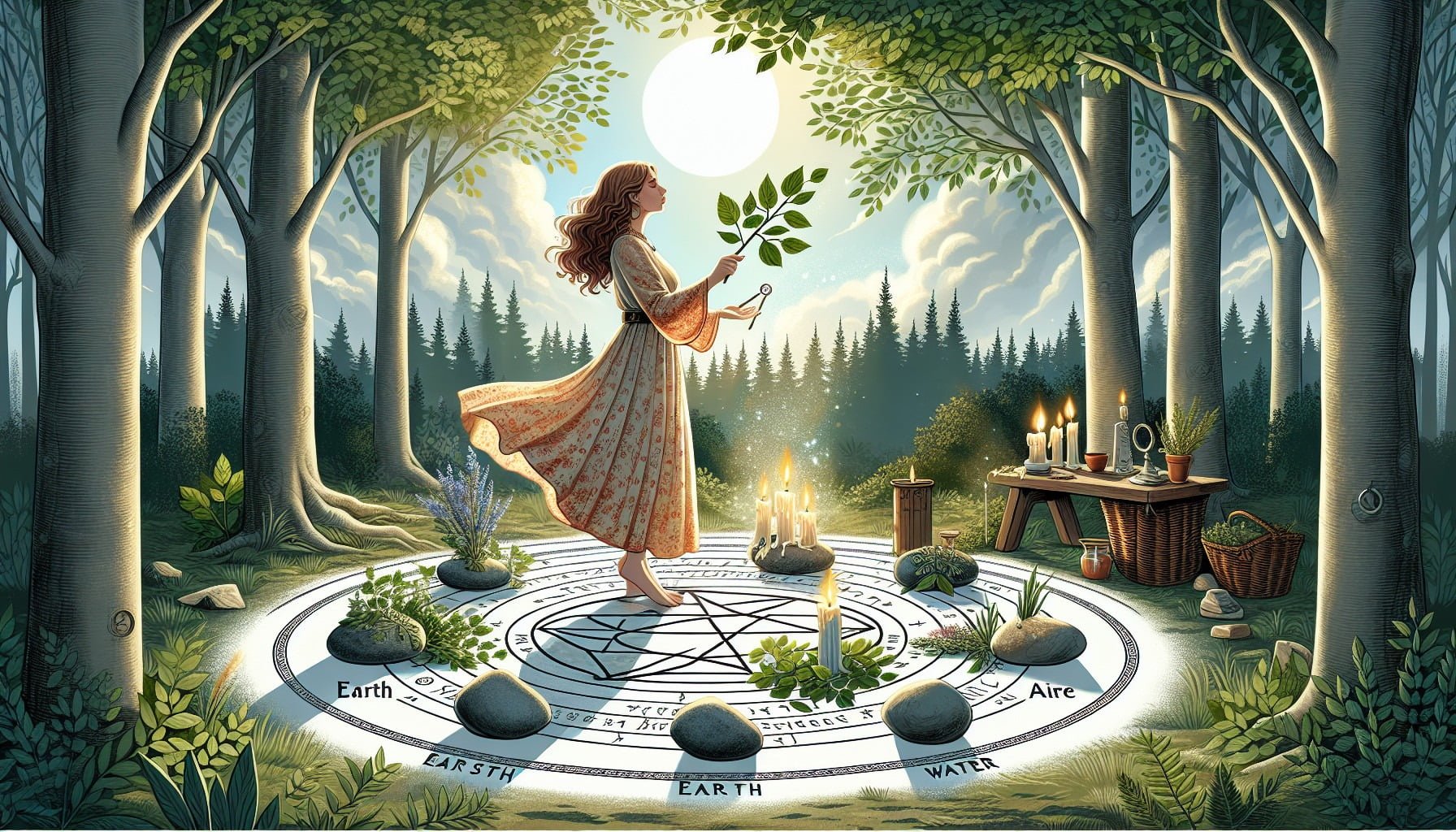Wicca, also known as Pagan Witchcraft, is a modern pagan religious movement rooted in ancient traditions. Wiccans practice witchcraft and hold a deep reverence for nature, utilizing rituals, spells, and charms as part of their beliefs. With an emphasis on personal connection to the divine and the understanding of natural cycles, Wiccan practices and beliefs encompass various aspects of spirituality, magic, and nature worship.
Central to Wiccan beliefs is the concept of divinity, which typically incorporates a goddess and a god. The goddess represents the feminine aspects of the divine, associated with fertility, motherhood, and the Earth, while the god symbolizes the masculine aspects, often associated with the sun, wild animals, and the hunt. Wiccans believe that nature is sacred and divine, and consequently, they strive to live in harmony with the earth and its cycles. Many Wiccan rituals revolve around celebrating the changing seasons, such as the equinoxes and solstices, and paying homage to deities through offerings and prayers.
Spells and magic are fundamental practices within Wiccan traditions. However, it is important to note that Wiccans do not believe in using magic to manipulate or harm others, as their belief system adheres to the “Threefold Law.” According to this law, any energy or intention put out into the world, whether positive or negative, will return to the sender threefold. Wiccans use magic primarily for healing, protection, and personal growth. They believe that by working in harmony with natural energies, they can manifest positive change in their lives and the world around them. Ritual tools, such as athames (ritual daggers), wands, and cauldrons, are often utilized in spellwork to focus and direct intentions.
Another key aspect of Wiccan practices is the initiation into covens, which are groups of Wiccans who gather for rituals and ceremonies. Covens provide a supportive community for Wiccans to learn, grow, and deepen their spiritual connection. Initiations often involve a process of study, self-exploration, and dedication to the craft. However, it’s important to note that not all Wiccans join covens, as many prefer to practice as solitary witches, conducting their rituals and spellwork independently. |
Lilly Dupres
Owner & AuthorLilly Dupres, a lifelong practitioner of paganism, established Define Pagan to offer a clear definition of paganism and challenge misconceptions surrounding modern pagan lifestyles.



















